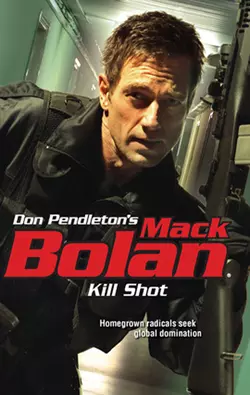Kill Shot

Don Pendleton
Тип: электронная книга
Жанр: Книги о приключениях
Язык: на английском языке
Стоимость: 458.46 ₽
Статус: В продаже
Издательство: HarperCollins
Дата публикации: 16.04.2024
Отзывы: Пока нет Добавить отзыв
О книге: The terror begins with ruthless precision when the clock strikes noon. Gunfire rings out in major cities along the East Coast.Innocent Americans fall, each from a direct kill shot. After witnessing a hit in Baltimore, Mack Bolan dives into battle against an unknown but powerful enemy. Across the country, the coordinated strikes continue, but law enforcement is unable to stop the deadly sniper attacks.Bolan goes hard, shouldering the burden of dismantling a plot to turn the United States into a police state. At the heart of the conspiracy, sworn enemies have joined for a unified goal: the nuclear devastation of the Middle East. As blood spills and the country heads toward martial law, Bolan sights his crosshairs on ruthless radicals and their nightmare agenda.